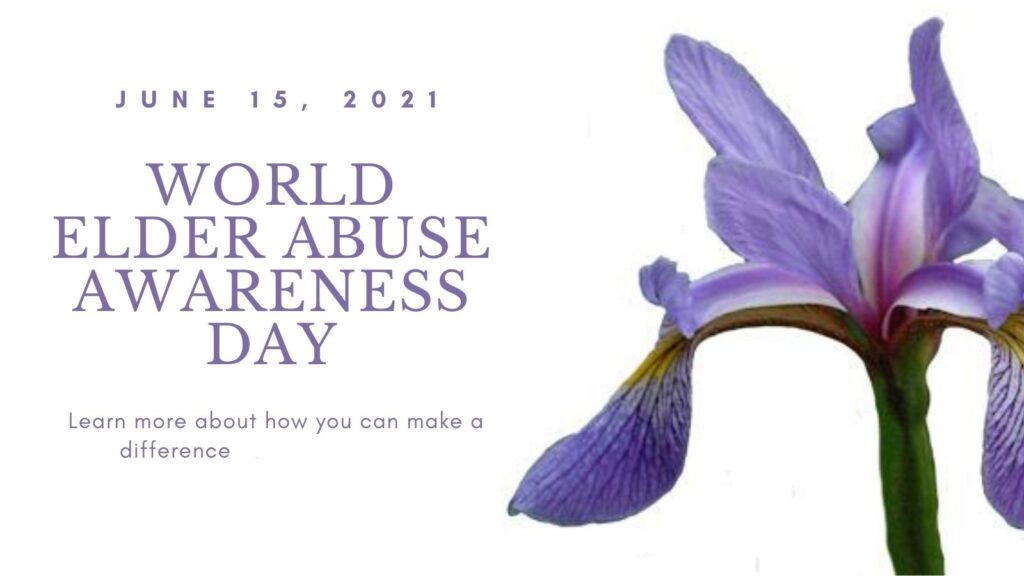CHARLOTTE AMALIE — The U.S. Department of Justice has initiated an Elder Justice Initiative which seeks to combat elder abuse and financial fraud targeted at seniors.
Elder abuse is an intentional or negligent act by any person that causes harm or a serious risk of harm to an older adult. It is a term used to describe six subtypes of elder abuse: physical abuse, financial fraud, scams and exploitation, caregiver neglect and abandonment, psychological abuse, and sexual abuse.
Together with our federal, state, local and tribal partners, the Department of Justice is steadfastly committed to combatting all forms of elder abuse and financial exploitation through enforcement actions, training and resources, research, victim services, and public awareness. For more information on the Department of Justice’s Elder Justice Initiative, please see: https://www.justice.gov/elderjustice.
The International Network for the Prevention of Elder Abuse and the World Health Organization at the United Nations (UN) launched the first World Elder Abuse Awareness Day (WEAAD) on June 15, 2006 in an effort to unite communities around the world in raising awareness about elder abuse. WEAAD serves as a call-to-action for our communities to raise awareness about abuse, neglect, and exploitation of elders, and reaffirm our country’s commitment to the principle of justice for all.
When we come together, we can prevent elder abuse from happening. We can put support services in
place, and direct community resources toward addressing elder abuse. Our country must reaffirm our
commitment to justice and create a sturdy structure of support that will benefit us all as we get older.
Elder abuse is widespread. Every year an estimated 1 in 10 older Americans are victims of elder abuse,
neglect, or exploitation. And that’s only part of the picture: Experts believe that elder abuse is significantly
under-reported, in part because so many of our communities lack the social supports that would make it
easier for those who experience abuse to report it. Research suggests that as few as 1 in 14 cases of elder
abuse come to the attention of authorities.
In addition to being a clear violation of the American commitment to justice for all, elder abuse is an issue with
many consequences for our society. Its effects on our communities range from public health to economic issues.
—-_– ~
The good news is that we can prevent and address the issue of elder abuse. There are many ways to
strengthen our social supports through policies, services, and programs that keep us integrated in our
communities as we age.
• We can design and equip community centers to work as intergenerational spaces that allow older
people to build relationships and participate in the work, play, and life of our neighborhoods.
• We can think about the role of transportation in reducing social isolation and adjust systems so that we
can all continue to move throughout our communities as we age.
• We can figure out new and better ways to arrange and coordinate the teams, agencies, and programs
that work specifically with older people.
• We can develop programs to educate families and professionals who work with older adults to
understand the importance of preventing isolation, how to spot the warning signs of abuse, and what to
do to address abuse or neglect.
By doing all that we can to strengthen the social support structure, we can reduce social isolation, protect
communities and families against elder abuse, and build a nation that lives up to our promise of justice for all.



